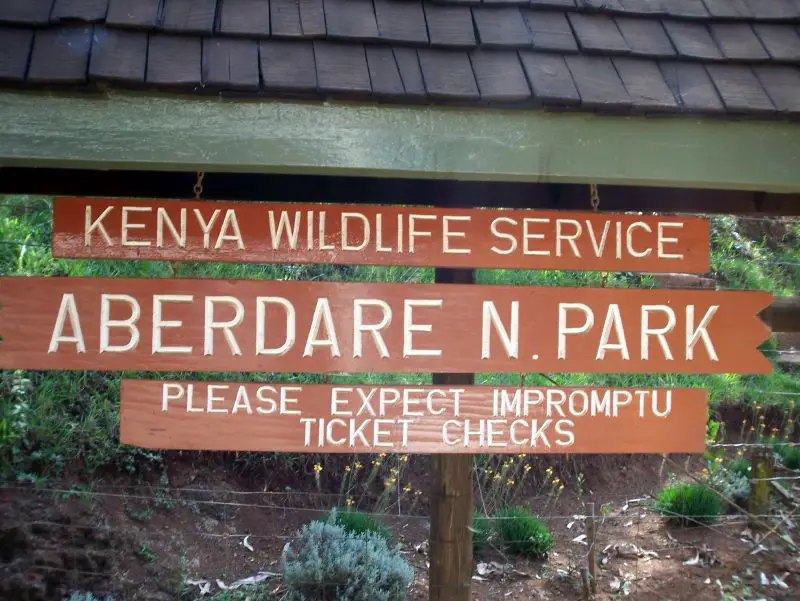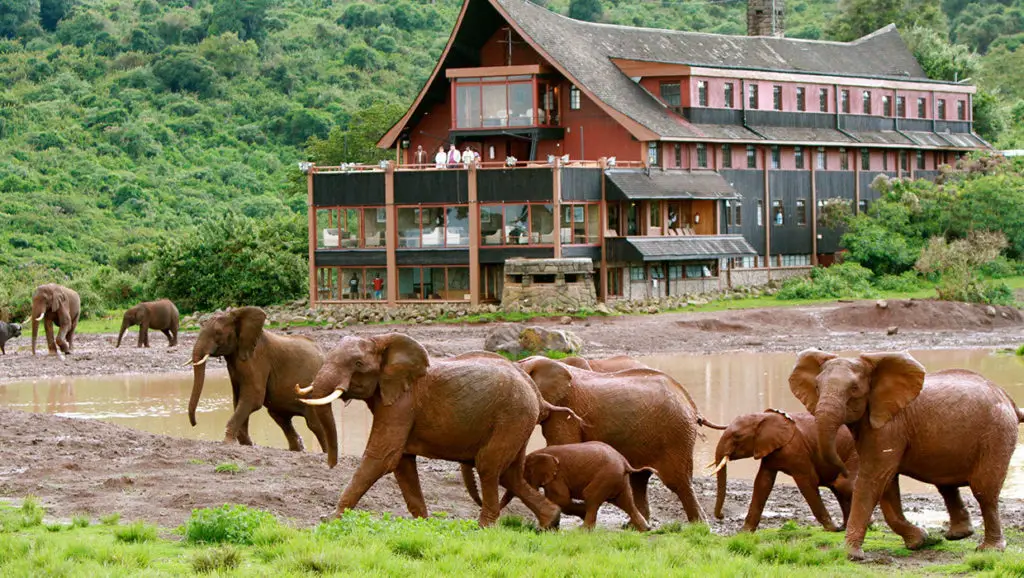Education in Bungoma Town, Kenya is a dynamic sector encompassing various levels from early childhood development to tertiary education. The town, which serves as the capital of Bungoma County, has a mix of public and private institutions offering diverse educational opportunities.
Despite facing challenges such as inadequate infrastructure and resource constraints, Bungoma’s education system continues to evolve, with efforts to improve quality and access for its growing population.
What is the structure of the education system in Bungoma?
The education system in Bungoma follows the Kenyan national structure:
- Early Childhood Development Education (ECDE): 3-5 years old
- Primary Education: 6 years (Grade 1-6)
- Junior Secondary Education: 3 years (Grade 7-9)
- Senior Secondary Education: 3 years (Grade 10-12)
- Tertiary Education: Universities, colleges, and vocational institutions
This system aims to provide a comprehensive educational journey from early childhood through to higher education.
What types of schools are available in Bungoma?
Bungoma offers a variety of educational institutions:
- Public schools (government-funded)
- Private schools
- Faith-based schools (e.g., Christian and Islamic schools)
- Special needs schools
- Vocational training centers
- Adult education centers
This diversity allows for a range of educational options catering to different needs and preferences.
How many educational institutions are in Bungoma?
While exact numbers fluctuate, Bungoma has a significant number of educational institutions:
- ECDE Centers: Approximately 1,000
- Primary Schools: Over 500
- Secondary Schools: About 300
- Tertiary Institutions: Several, including universities and colleges
These numbers reflect the growing demand for education in the region.
What are the major universities and colleges in Bungoma?
Bungoma hosts several higher education institutions:
- Kibabii University
- Masinde Muliro University of Science and Technology (Bungoma Campus)
- Sangalo Institute of Science and Technology
- Bungoma Teachers Training College
- Kenya Medical Training College (KMTC) Bungoma Campus
These institutions offer a range of programs from certificates to postgraduate degrees.
What is the literacy rate in Bungoma?
The literacy rate in Bungoma County, which includes Bungoma Town, is approximately 76%. This rate is slightly lower than the national average but has been steadily improving over the years due to increased access to education.
How does the government support education in Bungoma?
The government supports education in Bungoma through various initiatives:
- Free Primary Education (FPE) program
- Subsidized Secondary Education
- Infrastructure development grants
- Teacher recruitment and training
- Provision of learning materials
- School feeding programs in some areas
These efforts aim to improve access to education and enhance learning outcomes.
What challenges does the education sector in Bungoma face?
Despite progress, Bungoma’s education sector faces several challenges:
- Overcrowded classrooms
- Inadequate infrastructure in some schools
- Teacher shortages in certain subjects
- Limited resources for learning materials
- High dropout rates, especially among girls
- Poverty affecting school attendance
- Limited access to quality early childhood education
- Inadequate facilities for students with special needs
Addressing these challenges is crucial for improving the overall quality of education in Bungoma.
How does Bungoma perform in national examinations?
Bungoma’s performance in national examinations has been mixed:
- Kenya Certificate of Primary Education (KCPE): Generally average performance
- Kenya Certificate of Secondary Education (KCSE): Varied results, with some schools performing exceptionally well
The county has seen improvements in recent years, with several schools consistently ranking among the top performers nationally.
What role does technology play in Bungoma’s education system?
Technology is increasingly important in Bungoma’s education system:
- Computer labs in some secondary schools and tertiary institutions
- Integration of ICT in the curriculum
- Use of mobile devices for learning in some private schools
- Online resources for teachers and students
- Digital literacy programs in vocational training centers
However, access to technology remains limited in many public schools, especially in rural areas.
How does special needs education fare in Bungoma?
Special needs education in Bungoma is developing but faces challenges:
- Several special schools catering to various disabilities
- Integration programs in some mainstream schools
- Limited resources and specialized teachers
- Growing awareness and efforts to improve inclusivity
More investment is needed to fully address the needs of learners with disabilities.
What vocational training opportunities exist in Bungoma?
Bungoma offers various vocational training opportunities:
- Technical and Vocational Education and Training (TVET) institutions
- Youth polytechnics
- Artisan training centers
- Agricultural training programs
- Entrepreneurship courses
These programs aim to equip learners with practical skills for the job market and self-employment.
How does adult education contribute to Bungoma’s learning landscape?
Adult education plays a significant role in Bungoma:
- Adult literacy classes in community centers
- Continuing education programs at local institutions
- Skills development courses for adults
- Evening classes for working individuals
- Empowerment programs for women and marginalized groups
These initiatives help improve literacy rates and provide lifelong learning opportunities.
What initiatives exist to promote girl child education in Bungoma?
Several initiatives promote girl child education in Bungoma:
- Scholarships for girls from underprivileged backgrounds
- Mentorship programs
- Provision of sanitary products in schools
- Awareness campaigns on the importance of girl child education
- Community outreach to address cultural barriers
These efforts aim to reduce gender disparities in education and empower girls.
How does Bungoma’s education system compare to other counties in Kenya?
| Aspect | Bungoma | National Average |
|---|---|---|
| Literacy Rate | 76% | 78% |
| Teacher-Student Ratio | 1:50 (approx.) | 1:45 |
| KCPE Mean Score (2023) | 235 | 242 |
| KCSE Mean Grade (2023) | C- | C |
| University Transition Rate | 15% | 18% |
While Bungoma shows progress in some areas, there’s room for improvement to meet or exceed national averages.
What role do private schools play in Bungoma’s education sector?
Private schools contribute significantly to Bungoma’s education sector:
- Offer alternative education options
- Often have better facilities and resources
- Maintain smaller class sizes
- Provide specialized curricula (e.g., international programs)
- Complement public education system
However, high fees can limit access to private education for many families.
How does the education sector impact Bungoma’s economy?
The education sector impacts Bungoma’s economy in several ways:
- Employment creation (teachers, staff, support services)
- Skills development for the local workforce
- Attraction of students from other regions (especially higher education)
- Support for local businesses (e.g., bookshops, uniform suppliers)
- Research and innovation from tertiary institutions
Education plays a crucial role in driving economic development and human capital formation in Bungoma.
What future developments are planned for education in Bungoma?
Several developments are planned to enhance education in Bungoma:
- Expansion of existing universities and colleges
- Establishment of new vocational training centers
- Implementation of digital learning programs in more schools
- Construction of additional classrooms to reduce overcrowding
- Increased focus on STEM education
- Enhanced teacher training programs
These plans aim to improve the quality and relevance of education in Bungoma.
How can Bungoma improve its education system?
To improve its education system, Bungoma should focus on:
- Increasing investment in school infrastructure
- Enhancing teacher training and retention programs
- Expanding access to early childhood education
- Improving the integration of technology in learning
- Strengthening partnerships with the private sector
- Developing more inclusive education programs
- Focusing on quality assurance in all institutions
- Promoting STEM education and innovation
- Addressing socio-economic barriers to education
- Enhancing career guidance and counseling services
By addressing these areas, Bungoma can create a more robust and effective education system that meets the needs of its growing population and contributes to the region’s overall development.
In conclusion, education in Bungoma Town, Kenya, is a vital sector that has seen significant progress but still faces numerous challenges. With continued focus on improvement and innovation, Bungoma has the potential to develop a strong educational foundation that can drive social and economic growth in the region.



